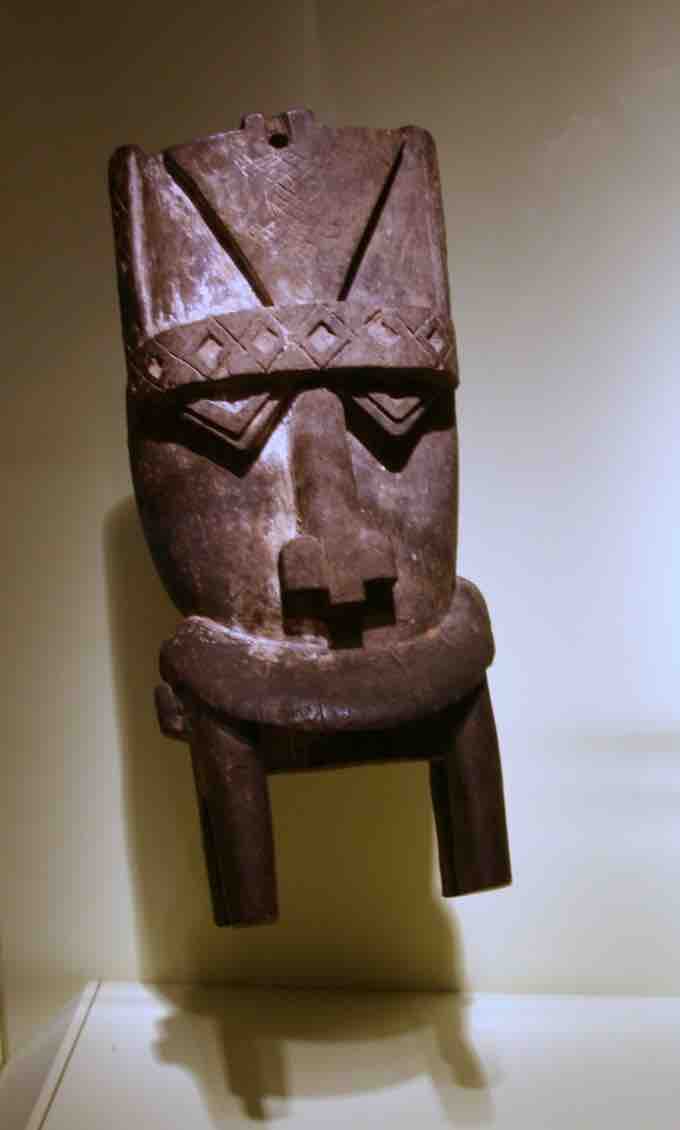Introduction: The Kalabari
The Kalabari Kingdom, also called Elem Kalabari (New Shipping Port), or New Calabar by the Europeans, was an independent trading state of the Kalabari people, an Ijaw ethnic group, in the Niger River Delta. Today it is recognized as a traditional state in what is now Rivers State, Nigeria. As well as participating in trade, the Ijaw have traditionally been a fishing and farming culture.
Culture and Art
Although the Ijaw are now primarily Christians (95% profess to be), with Roman Catholicism and Anglicanism being the varieties of Christianity most prevalent among them, they also maintain elaborate traditional religious practices. Veneration of ancestors plays a central role in Ijaw traditional religion, while water spirits, known as Owuamapu, figure prominently in the Ijaw pantheon. In addition, the Ijaw practice a form of divination called Igbadai, in which recently deceased individuals are interrogated on the causes of their death. The Ijaw are also known to practice ritual acculturation, whereby an individual from a different and unrelated group undergoes rites to become Ijaw.
The Role of Ijaw Masks
Ijaw religious beliefs hold that water spirits are like humans, having personal strengths and shortcomings, and that humans dwell among the water spirits before being born. Each year, the Ijaw hold celebrations lasting for several days in honor of the spirits. Central to the festivities is the role of masquerades, in which men wearing elaborate outfits and carved masks dance to the beat of drums and manifest the influence of the water spirits through the quality and intensity of their dancing. Particularly spectacular masqueraders are believed to be possessed by the particular spirits on whose behalf they are dancing.

ljaw Mask
Mask, Kalabari Ijo peoples, Nigeria, Early 20th century, Wood, pigment (National Museum of African Art).